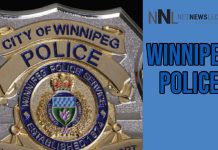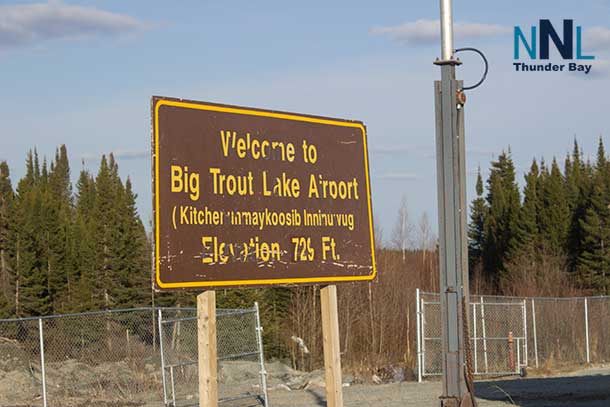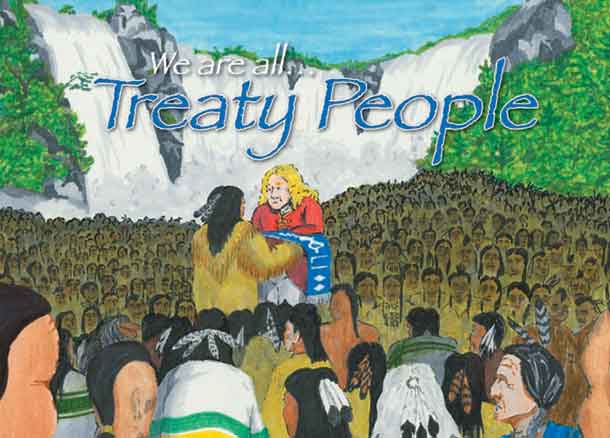
WINNIPEG – OPINION – Manitoba Premier Brian Pallister was asked last month about First Nations establishing blockades and checkpoints on roads entering their communities in an effort to protect themselves against the COVID-19 pandemic.
“I see various First Nations communities taking measures to protect their people,” he said. “I respect the right to do that.”
It’s a far cry from his position a month previous, when he wrote an op-ed for the Globe and Mail decrying Indigenous-led blockades supporting Wet’suwet’en hereditary chiefs fighting the Coastal GasLink pipeline and demanding Indigenous rights be respected under the United Nations Declaration on the Rights of Indigenous Peoples.
“Indigenous peoples have the right to own, use, develop and control the lands, territories and resources that they possess.” Article 26
At the time — which feels like a lifetime ago — Prime Minister Justin Trudeau was promising to adopt the declaration into Canadian law (as British Columbia had done provincially in November 2019).
“Now is not the time to create even more confusion — and undermine genuine reconciliation — by directly importing undefined international legal concepts into Canadian law,” Pallister wrote in the March 9 article, claiming its adoption “will spawn decades of additional litigation and jurisprudence, while perpetuating the uncertainty that only compromises the interconnected advancement of economic development and reconciliation.”
The UN declaration, for the record, doesn’t confuse anything, but gives clarity to governments via 46 articles defining Indigenous rights.
Article 26, for example, says: “Indigenous peoples have the right to own, use, develop and control the lands, territories and resources that they possess.”
Article 29 says: “Indigenous peoples have the right to the conservation and protection of the environment and the productive capacity of their lands or territories and resources.”
“Indigenous peoples have the right to the conservation and protection of the environment and the productive capacity of their lands or territories and resources.” Article 29
In other words, a blockade is a right — kind of like Canada invoking its sovereign right to set up a border crossing to and from the United States.
Pallister’s position against Indigenous-led blockades in the pursuit of rights has been consistent. On Feb. 13, he sent a fundraising letter to Tory party supporters calling Indigenous-led blockades “illegal,” promising to file injunctions against activists because, “We won’t stand back while two-tier justice happens in our province.”
In recent months, Indigenous communities have been fully expressing their rights, nationhood, and, yes, their sovereignty, in the use of blockades and checkpoints against the COVID-19 pandemic.
Manitoba First Nations didn’t ask anyone for permission or apply for permits. Some begged the provincial government to establish such checkpoints on highways to protect their citizens from travellers carrying the virus (the province refused).
So — after some consultation with officials such as Manitoba’s chief provincial public health officer Dr. Brent Roussin (confirmed in an interview Wednesday) — First Nations took action.
Now, there are about a dozen First Nation-led checkpoints on highways and roads leading into communities throughout Manitoba.
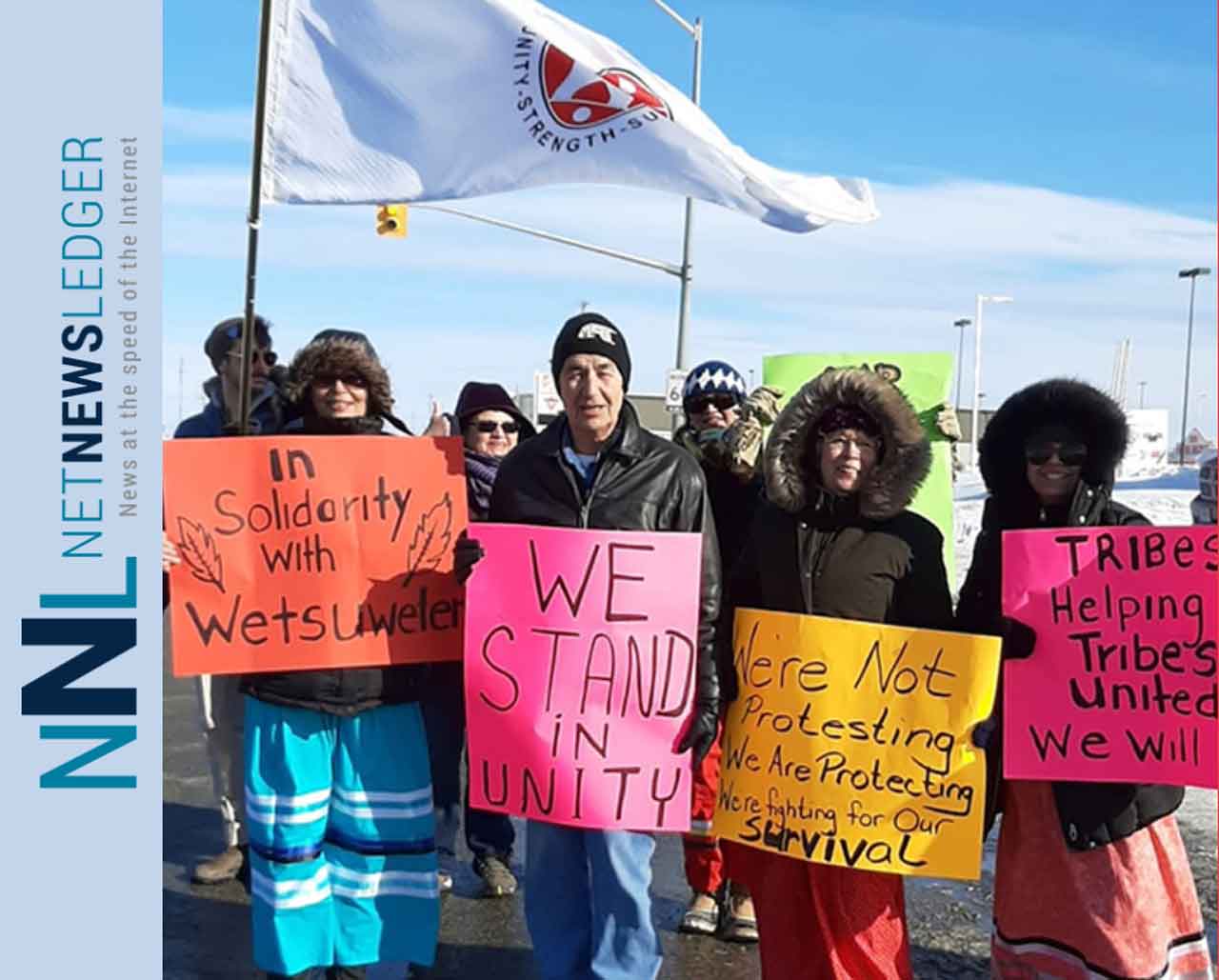
They strikingly look like the same protest blockades seen three months ago.
In northeastern Ontario, there are 18; in Saskatchewan, there are around 10, with more popping up in the wake of an outbreak in La Loche.
There are almost no cases of COVID-19 reported in northern Manitoba.
It’s worth noting Indigenous-led checkpoints haven’t resulted in Canada’s laws falling apart or “undermined genuine reconciliation.”
First Nations protecting all Canadians against the spread of sickness might be reconciliation actualized.
Protecting its territories and lives and upholding laws and land claims is exactly what led Misipawistik Cree Nation (430 road kilometres north of Winnipeg) to install a checkpoint on Highway 6 in late March.
At Opaskwayak Cree Nation (near The Pas), a checkpoint was erected on Highway 10 that leads into the centre of the community — and serves as the main northwestern transportation artery to Flin Flon and Saskatchewan.
Tens of thousands of Manitoban lives have been protected by those volunteers and community members paid by the local First Nation. At the same time, the rights guaranteed under the United Nations declaration have been fulfilled ‐ no legislation needed.
On the other side of the province, Sagkeeng First Nation implemented a checkpoint on Highway 11, a major route through eastern Manitoba.
There are so many First Nations-run blockades in the fight against COVID-19, there are now “checkpoint dance-off” challenges between communities on social media.
Tens of thousands of Manitoban lives have been protected by those volunteers and community members paid by the local First Nation. At the same time, the rights guaranteed under the United Nations declaration have been fulfilled — no legislation needed.
It’s one of the most remarkable expressions of Indigenous sovereignty since the days of Idle No More — and Canadians have been helped in the process.
Maybe Indigenous rights aren’t oppositional to Canada’s laws after all. Maybe they are the best thing for everybody.
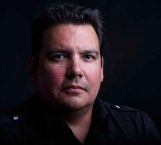 Niigaan Sinclair
Niigaan Sinclair
Originally appeared in the Winnipeg Free Press in May 2020. Republished with the permission of the author.
The views, opinions, and positions expressed by all columnists and contributors are the author’s alone. They do not inherently or expressly reflect the views, opinions and/or positions of NetNewsLedger.

